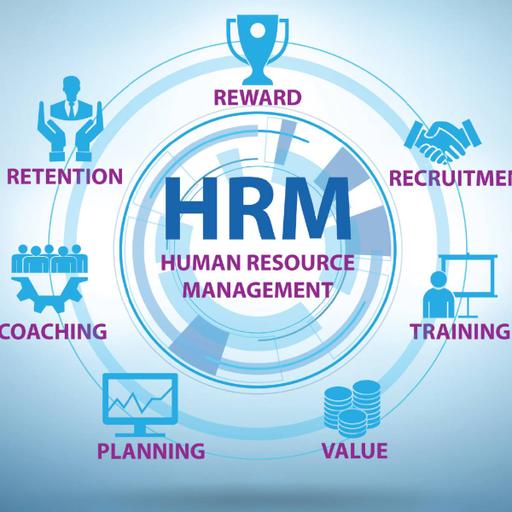Difference Between HRM & Personnel Management
Presentations | English
Human Resource Management (HRM) is an institution's highly skilled and sustainable approach to managing assets - both those who work there and those who contribute to achieving business goals individually and collectively. In the general sense, HRM means people, employment, Utilizing their resources, conserving their services by the needs of the job and organization and reimbursing in return. The goal of Human Resource Management is to help an organization accomplish its skills goals by attracting, retaining and managing employees efficiently. The appropriate term here is probably "planning". The basic premise of HRM's pedagogical theory is that man is not a machine, so the internal discipline of people in the workplace needs to be examined. Areas of Psychology, Industrial Engineering, Industrial, Judicial Semi-critical Studies, Institutional Psychology, Industrial Relations, Sociology and Critical Theory: Postmodernism and Post-Structuralism play an important role. The term "Human Resource Management" (HR) have been replaced by the term "personal management", which interprets the procedures that regulate people in an organization. Personal management can be distinguished as the acquisition, use, and retention of pleased workers. This is a crucial aspect of management about employees in the workplace and their relationships in the organization. Personal management includes employment, growth, and compensation activities, which are mainly accomplished by individual management in conjunction with other departments.

3.50
Lumens
PPTX (14 Slides)
Difference Between HRM & Personnel Management
Presentations | English
